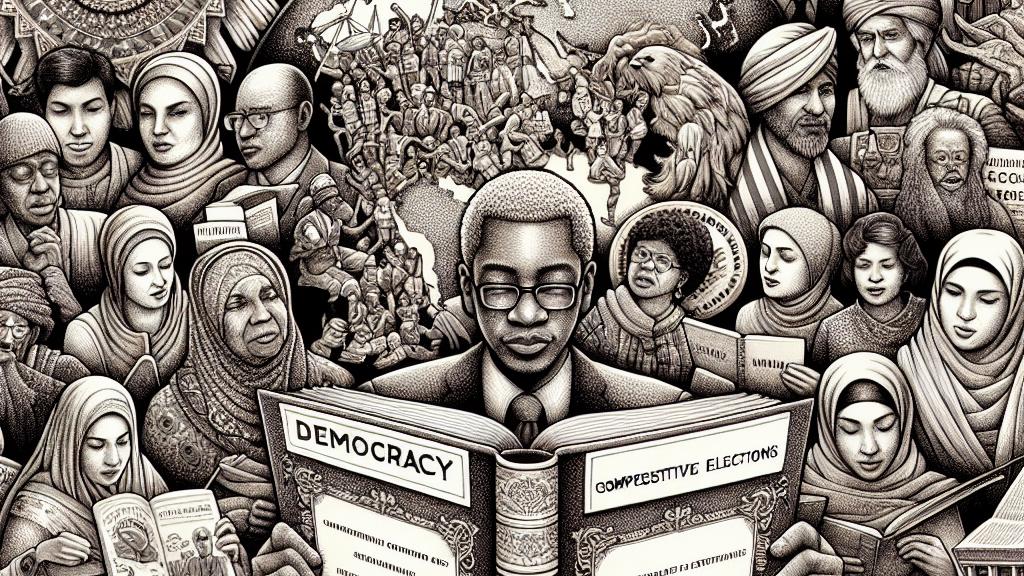Understanding Democracy: A Global Perspective
Overview
- A vast majority of people around the world long for democratic governance, highlighting its universal appeal.
- Core elements such as competitive elections, civil liberties, and equality underpin the foundation of democracy.
- Recent research reveals a strong consensus on the essential characteristics that define democracy across diverse cultures.

Defining Democracy
Democracy is a captivating concept that originates from the Greek words 'demos,' meaning 'the people,' and 'kratos,' signifying 'power.' This ancient idea suggests that ultimate authority resides in the hands of citizens. A remarkable study conducted by researchers from the University of Oxford, in collaboration with other reputable institutions, explored how individuals from vastly different cultural contexts—including the United States, Italy, Egypt, India, Thailand, and Japan—define and understand democracy. The study engaged over 6,000 participants, revealing an intriguing consensus: across ages, genders, and political beliefs, people overwhelmingly agree that competitive elections and the safeguarding of civil liberties are fundamental to a genuine democracy.
Key Components of Democracy
As the study unfolds, it identifies specific attributes that shape democratic perceptions globally. First and foremost, competitive elections empower citizens, enabling them to voice their preferences. Take Canada, for example; its regular electoral process fosters a culture of political participation and engagement among its populace. Additionally, civil liberties—such as the right to free speech and peaceful assembly—are vital for nurturing democratic values. Nations like Finland, where these rights are vigorously upheld, offer inspiring examples of empowered citizens actively shaping their governance. The research also spotlights the significance of gender equality and economic parity. In Rwanda, where women occupy a substantial portion of leadership roles, the country enjoys a reputation as a beacon of democratic progress. Similarly, Denmark’s minimal wealth inequality enhances public perceptions of fairness and inclusivity in governance. While institutional checks and balances might play a slightly lesser role, they are indispensable for preventing the concentration of power, as demonstrated in Germany, where robust systems ensure accountability and democratic integrity.
Global Implications on Democracy
These enlightening findings carry substantial implications in today's political landscape, especially amidst a concerning rise in authoritarianism that threatens democratic ideals. The research underscores that even in authoritarian regimes, such as those in North Korea or Belarus, citizens maintain a belief in the fundamental tenets of democracy—elections and civil liberties. This insight is particularly relevant in the context of global gatherings like President Biden's recent Summit for Democracy, which aimed to unite 100 nations in a collective stand against authoritarianism. Such discussions not only underscore the significance of democratic values but also remind us of the ongoing struggles many face in pursuit of genuine representation. Ultimately, in this complex and often turbulent landscape, it is imperative to reaffirm these core democratic principles, ensuring that the voices of all citizens resonate within the corridors of power, compelling change and fostering hope for a more equitable future.

Loading...